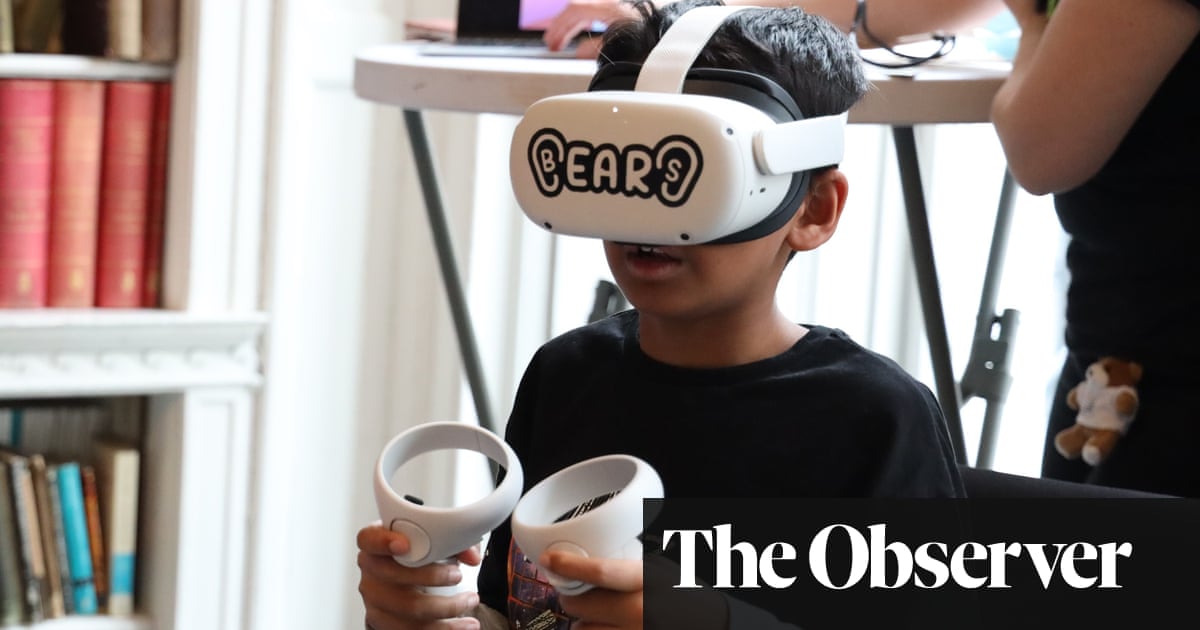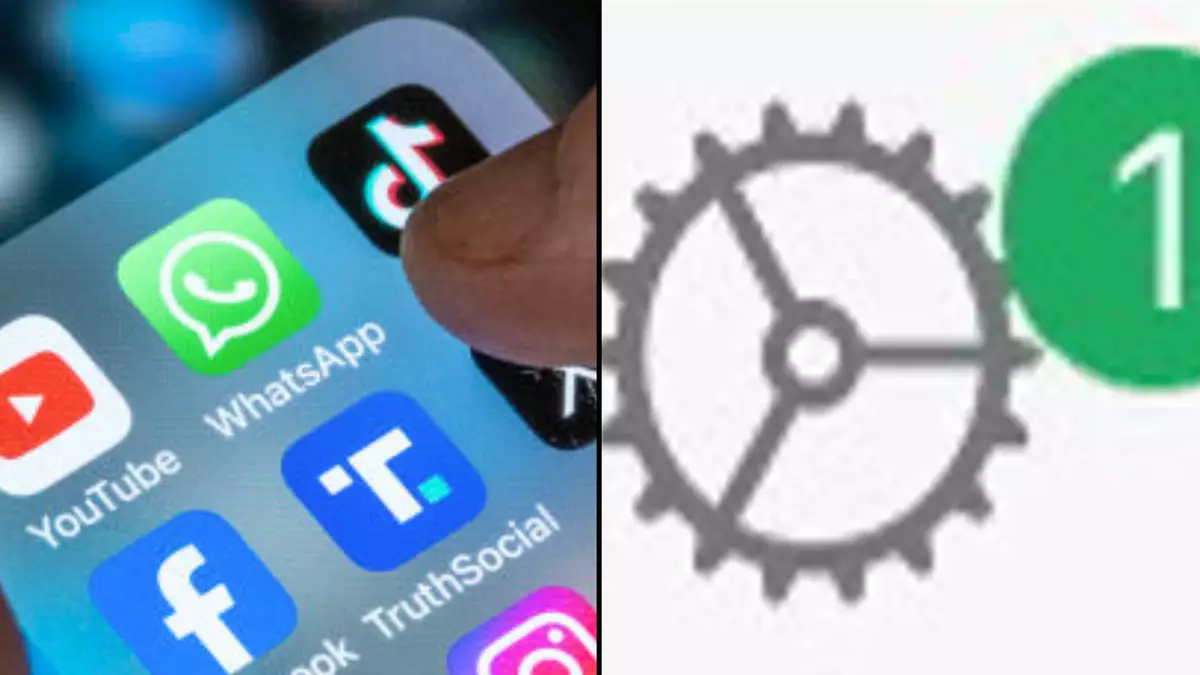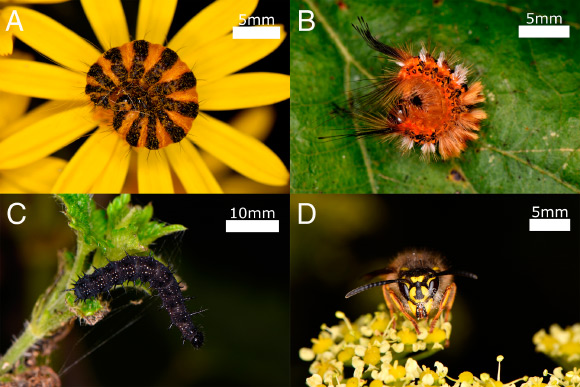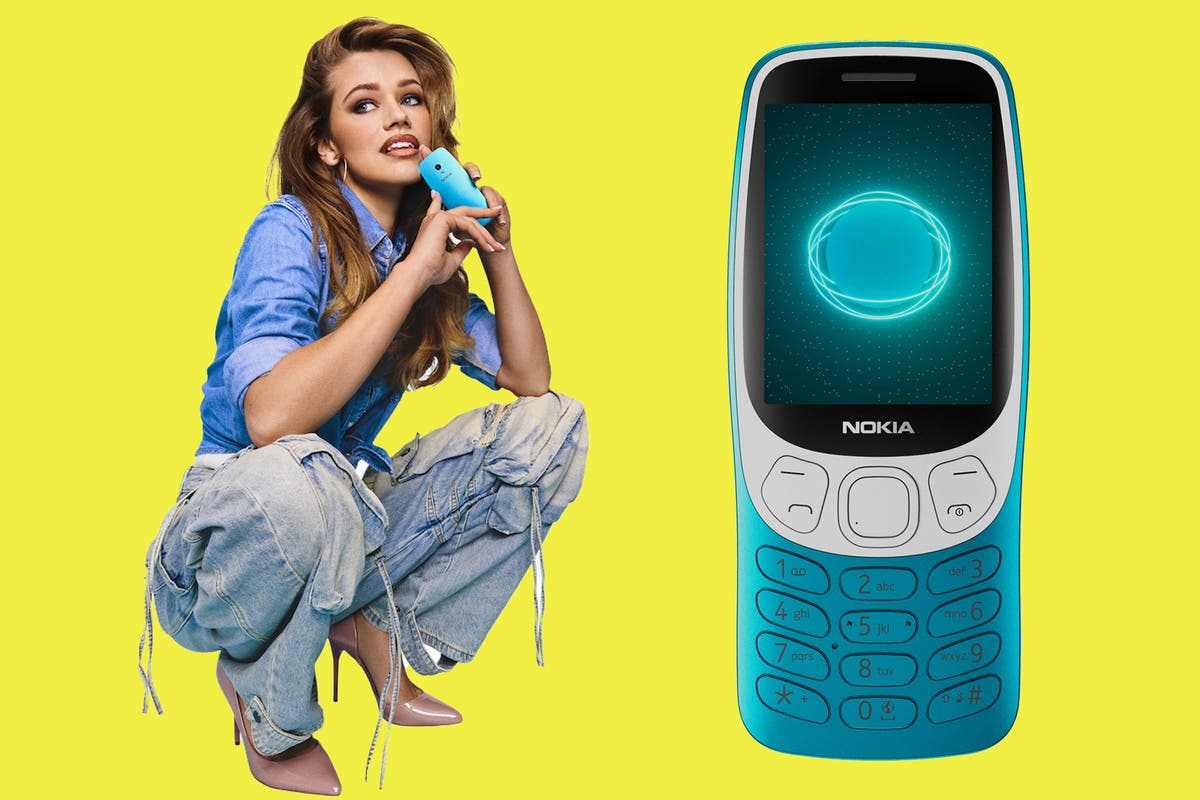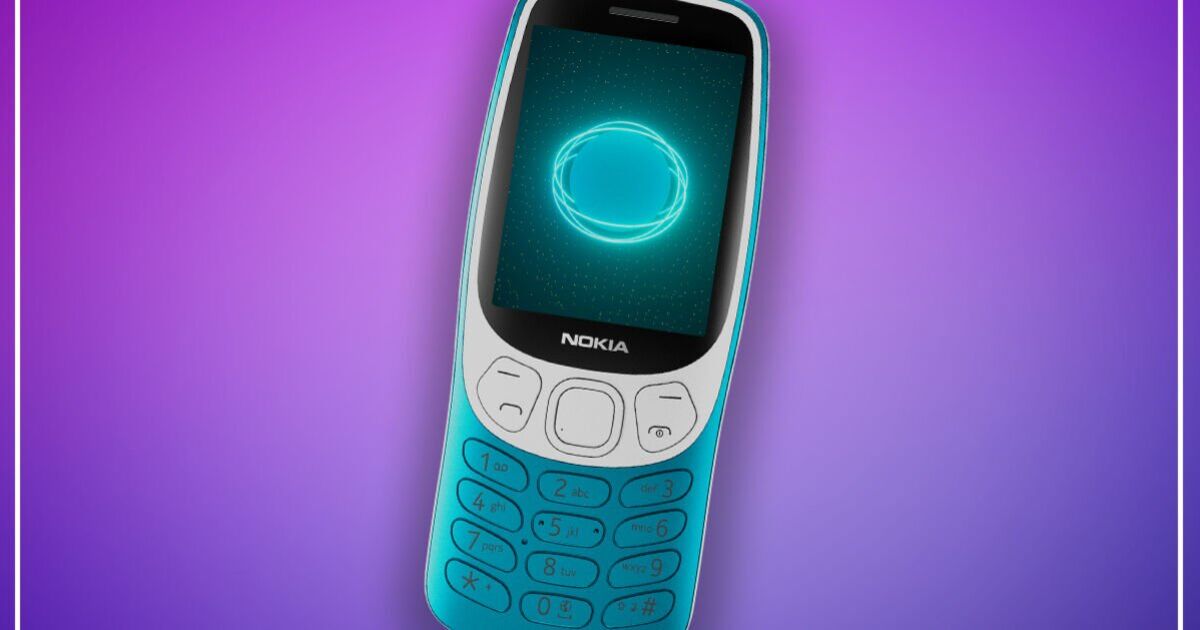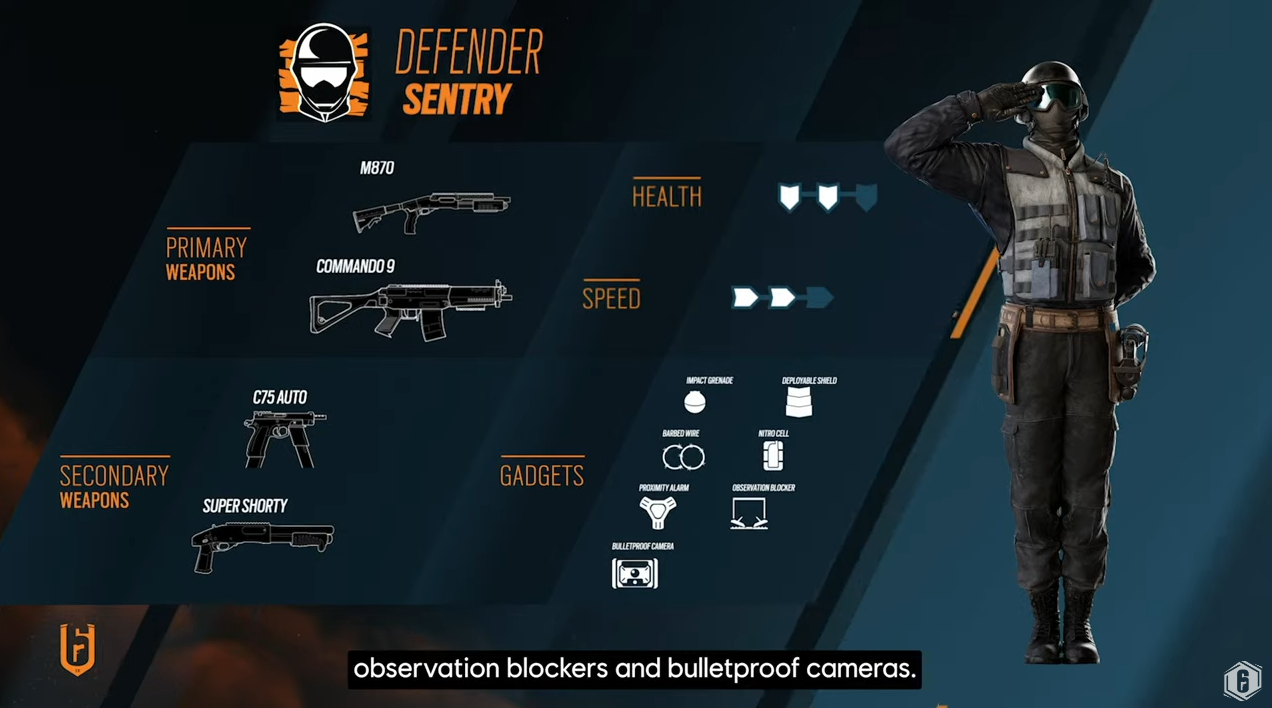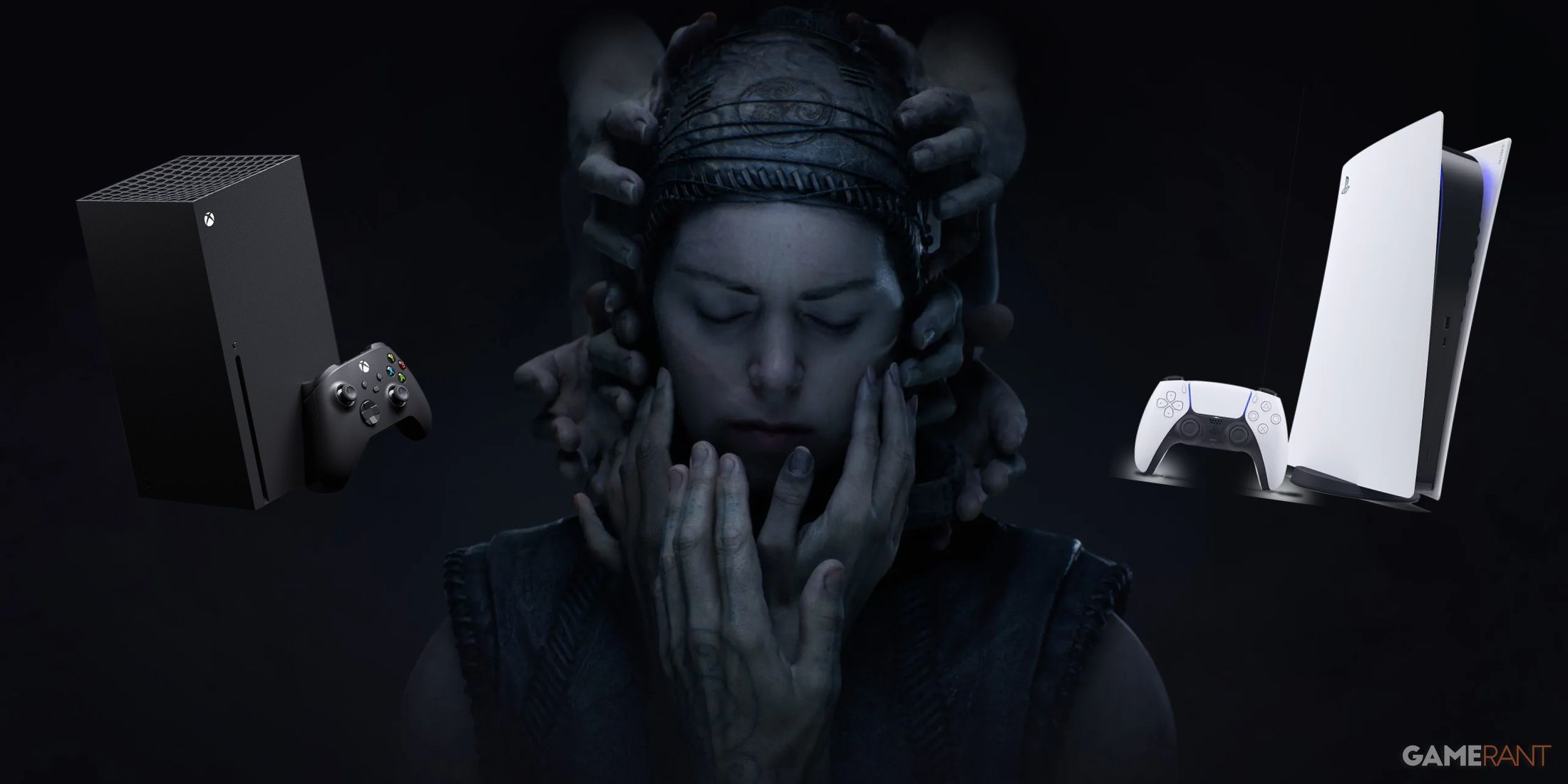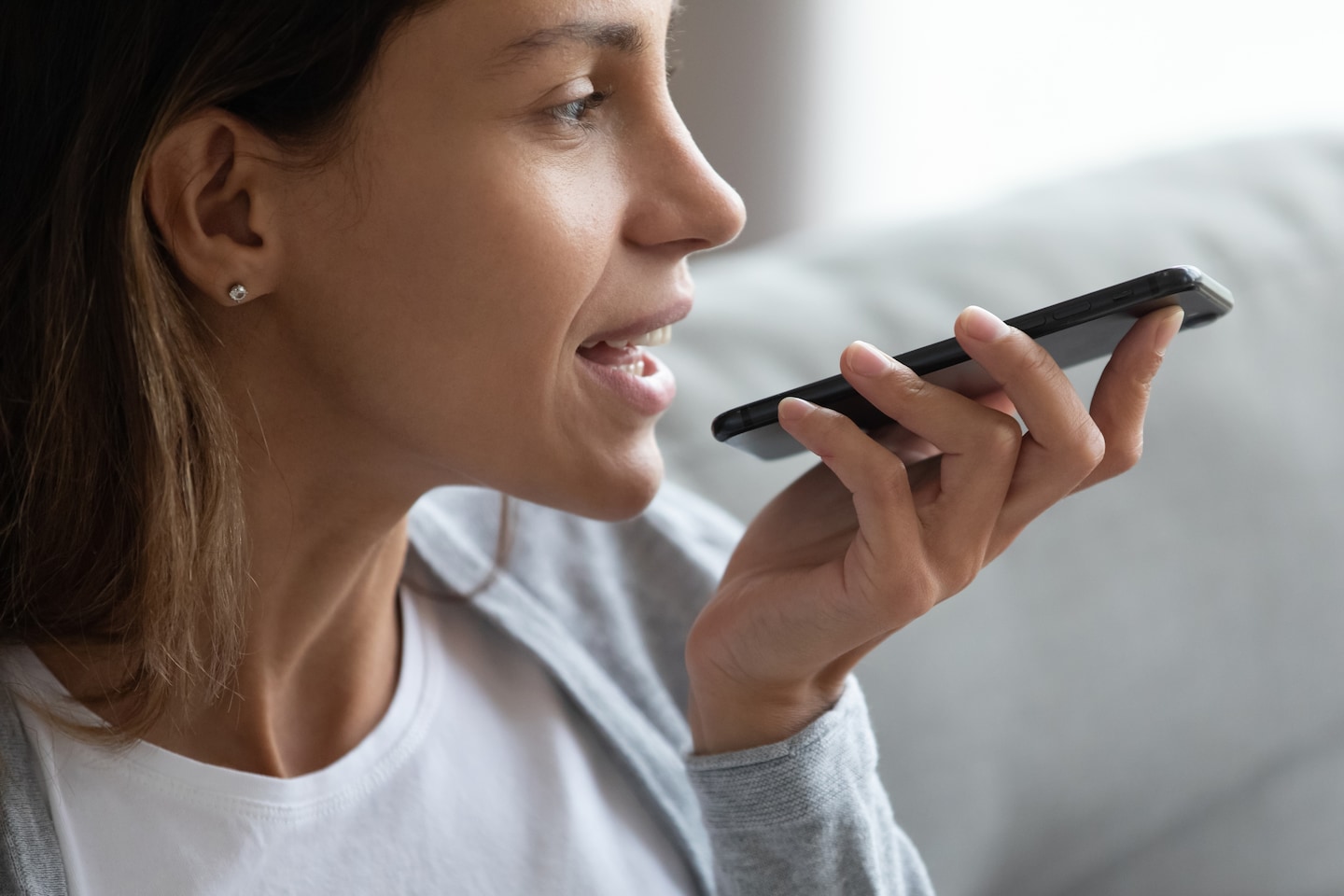Revolutionizing Hearing for Deaf Children Through Virtual Reality Games
In a groundbreaking project known as Bears – for Both Ears, scientists are leveraging the power of virtual reality games to enhance the ability of children with profound deafness to localize sounds and understand speech. Spearheaded by audio engineer Lorenzo Picinali from Imperial College London, the project focuses on children who have received twin cochlea implants due to being born with little to no hearing.
Through immersive computer games, children wearing virtual reality headsets are tasked with operating a food stall and fulfilling various orders from cartoon characters. As the game progresses, the challenges intensify with faster orders coming from different directions amidst increasing background noise. This unique approach not only enhances a child’s ability to localize sound but also aids in improving speech comprehension in noisy environments.
The innovative games, developed in collaboration with children who have cochlea implants, aim to optimize the effectiveness of these devices which convert air vibrations into electrical signals for the brain to interpret as sound. While cochlea implants are crucial for profoundly deaf children, adjusting to the distorted signals they provide can be challenging. By incorporating virtual reality games into their training, researchers are helping children remap their hearing systems for improved sound perception.
With approximately 6,500 profoundly deaf children in the UK relying on cochlea implants for hearing restoration, the project’s comprehensive clinical trials led by experts at University College London and Cambridge University are set to recruit over 300 children with hearing difficulties. The ultimate goal is not only to benefit children with implants but also to potentially enhance hearing outcomes for the estimated 50,000 deaf children across the UK.
Empowering Deaf Children with Virtual Reality for Enhanced Speech Comprehension
The Bears project’s innovative approach to utilizing virtual reality games as a tool for improving speech understanding among children with cochlea implants is revolutionizing the field of auditory rehabilitation. By actively involving children with implants in the game design process, researchers are customizing experiences that cater to their unique needs and challenges in sound localization and speech perception.
Through a series of engaging games that challenge players to pinpoint faint targets using acoustic cues or differentiate pitches to locate sound-emitting targets, children are honing their auditory skills in a fun and interactive manner. These tailored experiences not only enhance sound localization abilities but also contribute to clearer speech comprehension, particularly in noisy environments where traditional hearing aids fall short.
With cochlea implants serving as a lifeline for profoundly deaf children, the integration of virtual reality games into their training regimen offers a promising solution to the complexities of adjusting to auditory signals and remapping their hearing systems for optimal sound perception. By bridging the gap between technology and rehabilitation, the Bears project is paving the way for improved outcomes in auditory development for deaf children nationwide.
Transforming Auditory Rehabilitation Through Virtual Reality Innovations
The incorporation of virtual reality games into auditory rehabilitation programs for children with cochlea implants marks a significant advancement in the field of pediatric hearing loss treatment. By leveraging the immersive and interactive nature of these games, researchers are enhancing the auditory skills of deaf children by challenging them to localize sounds and understand speech in dynamic and engaging scenarios.
Through a collaborative approach that involves children in the design and development of these games, researchers are tailoring experiences that address the specific needs and challenges faced by individuals with cochlea implants. By providing a platform for children to practice sound localization, speech perception, and auditory discrimination in a virtual environment, the Bears project is empowering deaf children to overcome barriers to communication and social interaction.
With the potential to impact the lives of thousands of children with hearing difficulties, the innovative use of virtual reality technology in auditory rehabilitation holds promise for revolutionizing the way we approach deafness and enhancing the quality of life for individuals with cochlea implants. By harnessing the power of gaming as a tool for auditory training and rehabilitation, researchers are driving towards a future where all children have access to innovative and effective solutions for hearing loss.
